Rural Colorado Leads the Charge for Energy Freedom
On June 25th the Denver Post reported on a huge victory for energy freedom and rural renewable power on the Western Slope of Colorado. We’ll explain what happened – and why is it so exciting.
Delta-Montrose Electric Association (Delta-Montrose), a rural electric co-operative serving 35,000 customers, sought to purchase cheap, reliable and renewable power from a small hydroelectric dam on an irrigation canal in Montrose. That seems simple enough – provide your customers with affordable, clean power that’s right in your backyard – why not? What was standing in Delta-Montrose’s way?
Seems simple enough – provide your customers with affordable, clean power that’s right in your backyard – why not?
What stood in Delta-Montrose’s way was a contract with its wholesale power supplier, Tri-State Generation and Transmission, restricting their freedom to access clean energy. Delta-Montrose buys power from the large utility Tri-State and then sells that power to its members. Tri-State’s contract confined Delta-Montrose, and the 44 other rural electric co-ops it serves, to buying 95% of their electricity from Tri-State. Even if affordable renewables were available literally right next door, these rural electric utilities couldn’t buy them.
What stood in Delta-Montrose’s way was a contract with its electric power supplier restricting their freedom to access clean energy.
So Delta-Montrose took Tri-State to court – administrative court: the Federal Energy Regulatory Commission (FERC). Delta-Montrose argued that federal law, the Public Utility Regulatory Policies Act (PURPA), allowed – even compelled – them to purchase power from the dam. You see, PURPA was written to encourage exactly the kind of power the dam provided: affordable, renewable power from a small facility. Last week, FERC agreed, stating plainly in its decision that “the mandate of PURPA to encourage… small power production,” like the dam on the irrigation canal, “supersede[s] contractual restrictions on a utility’s ability to obtain energy” from small renewable producers.
In other words, rural co-ops must be free to power themselves with the energy resources right in their backyards, no matter what contractual obligations they might have. Freedom to access local renewables trumps other concerns, opening up a new market for clean energy.
Rural co-ops must be free to power themselves with the energy resources right in their backyards.
The implications of this ruling – and the fact that it lines up congruently with FERC’s previous decisions – are enormous for energy freedom and rural co-operatives across the West. Whether it is hydro, wind, or solar, rural areas are home to tremendous renewable resources. They should be free to make the most of them. It is energizing to see federal regulators acknowledging and protecting that right.
Will this decision empower communities across the West to throw off their contractual shackles and to repower their communities with clean, affordable energy? Stay tuned, and we’ll see on which energy sources the West is run.

